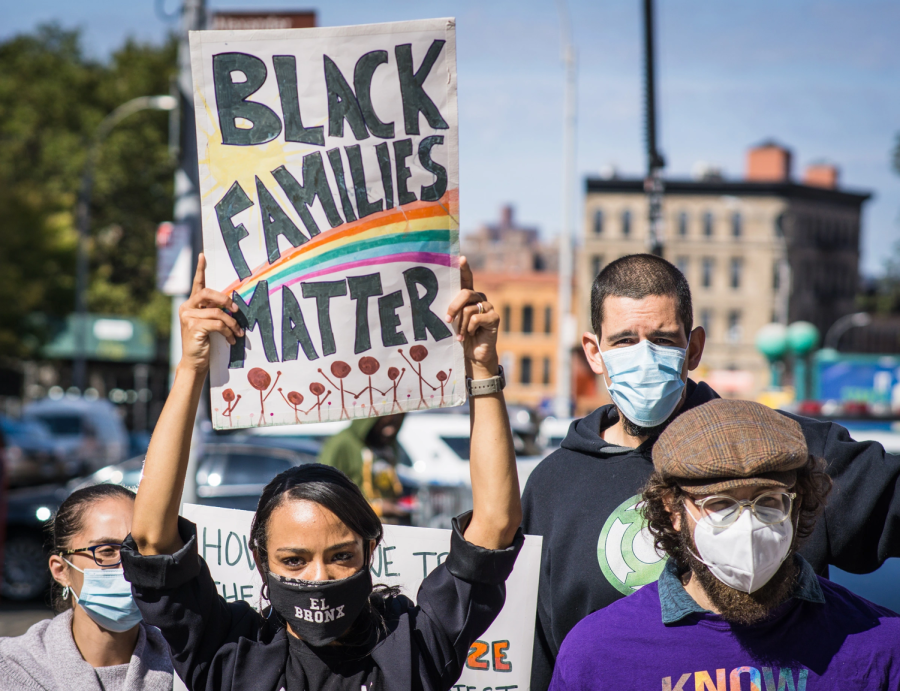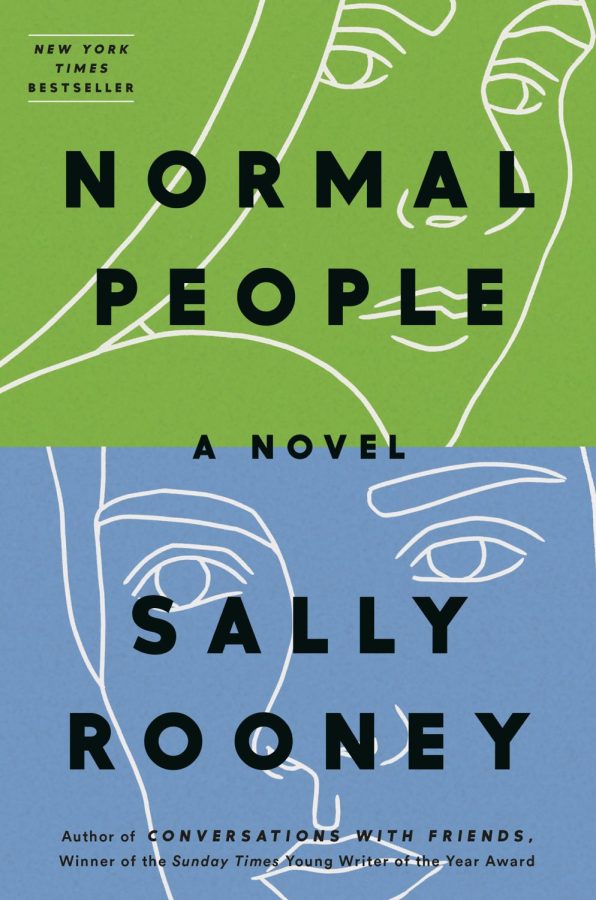People who grew up believing “sticks and stones may break my bones, but words can never harm me,” were terribly misinformed.
Covertly hidden behind what most people misconstrued as normal means of behavior and communication, emotional abuse, also referred to as verbal, mental or psychological abuse, remains the most prevalent, yet least talked about form of abuse in today’s society.
The general consensus of several studies on the subject asserts that, relatively speaking, psychological abuse seldom leads to physical abuse; however, physical violence in a domestic setting is almost always preceded and/or accompanied by psychological abuse.
“Oh, he never hit me, or even threatened to,” said Angela Lee, 47, speaking of her ex-husband.
Emotional abuse systematically erodes the victim’s sense of self-worth, self-confidence and trust in their own judgment, which leads them to question their own sanity, according to Illinois State University’s counseling center
“Even in retrospect, I can’t tell you when or how the brainwashing started,” Lee said. “When we met, he was one of the brightest, most charming individuals a 20-something young woman could ask for.”
Self-assured, bright, and armed with a college degree, Lee had just landed her dream job when she met her ex. He was eight years her senior, divorced, and seemed to be her perfect match, until they moved in together.
“Our time together was filled with compelling conversation, lots of laughter, and [good sex] until we shared an address. Then, the tiniest things began to happen, so small that I hardly noticed that anything was amiss,” Lee said.
“Little, stupid stuff like, for instance, he would re-wash the dishes I had just done, or go along behind me to ‘get the small things’ I had missed when I vacuumed. But because these things were innocuous, and because he was willing to do some of the chores, I missed the red flags,” she added.
Several months passed like this, according to Lee, before he broached the subject of marriage. She was not overly concerned about being married, but her refusal to commit gave him an excuse for darker and more somber moods. Finally, he played the guilt card. He claimed if she loved him, he couldn’t understand why they shouldn’t marry. After a while, this ploy paid off for “George,” and they got married in Reno.
“Signing that marriage certificate was like signing over every measure of independence I might have had left,” Lee said.
Although she was unable to re-create a time-line, Lee was able to relate the approximate order at which things got worse.
“It didn’t take long for him to convince me that we should commute together, which meant that he dropped me off at work; at which point I was without my own transportation,” Lee said.
Soon after that came frequent phone calls at work, ostensibly to find out how her day was going. Then came the lunchtimes, when she could pretty much count on him showing up unannounced at her job, to “have lunch with his favorite girl.”
At some point, jealousy reared its ugly head. It was never named, and there were no verbal accusations, but it was there, nonetheless. Jealousy is a primary symptom of abusive relationships.
“Before long, I found myself with no time to myself, and it really became most annoying and embarrassing when I found that, as a passenger in my own car, or seated in a restaurant, I kept my eyes in my lap for fear that he might ask me who I was looking at,” Lee said.
“Friends and coworkers started asking if everything was okay, because they saw a severe change in my demeanor. I still didn’t see that anything was terribly awry, so I denied (mostly to myself) that we were not as we had once been. After all, he never got loud or violent, so the problem had to be that I was just not doing my part,” she added.
After the birth of their son, he convinced her that her “place” was at home with her child. After all, any “good” mother, who had the option, would choose to stay home with her new baby.
“Within a year of my son’s birth, he got a promotion that required a cross-country move. With that move went any sign of regular dealings with any of my family or friends. I was, essentially, cut off from everyone who would be watching my back,” Lee said.
“With no job, no outside connections, I almost felt like a prisoner of war. I was walking on eggshells just to keep him from moping and telling me how things should be. Somehow, whatever I did, it simply was not enough, or not good enough, or was not what he expected,” she said.
The silent treatment became one of George’s favorite tools. He would simply withdraw, and refuse any response, positive or otherwise, to her efforts to appease him.
“I later learned that “the silent treatment” is actually internalized rage, and that it’s common with people with borderline personality disorder, or BPD’s,” Lee said
“But what made it so effective, so frightening, is that I had no idea what craziness was going on inside his head. Sometimes it went on for days, and I would sit waiting for the other shoe to drop,” she said.
As the darker side of him emerged, he began to hold Lee responsible for his own wellbeing. He often told her that he just didn’t know what he would do without her.
“He reached a point at which he would hint at the possibility of suicide, but just veiled threats, and done very quietly and calmly. Since he wasn’t prone to loudly acting out, I tended to take him more seriously,” Lee said.
Emotional abuse sets up a dynamic wherein the victim believes that they are the problem. Nothing the abused can do will offset the problem, no matter how accommodating they try to be. The relationship becomes that of parent/child, or “good girl/ good boy,” according to psychotherapist, Kali Munro.
Munro claims that many people will become even more aggressive if their victim tries to make things better, because if the abused believes that the problem lies with them, it only confirms the abuser’s belief that he or she is the victim.
“I became increasingly depressed, and unable to function. He finally let me line up an appointment with a therapist; that was the beginning of the end of our marriage and his manipulation,” Lee said.
“He rejected the idea of marriage counseling. After all, he didn’t have a problem,” she added.
“Imagine the shock, and relief I felt to learn that I really wasn’t crazy, and that I had not imagined any of this. I was actually thrilled to learn that I was the victim of a disconnected individual,” Lee said.
“I knew that, somewhere in my past, I had been a gregarious, fun-loving, outgoing, and positive person. I just didn’t realize that she had been beaten into submission over the course of some 20 plus years,” she added.
Contrary to popular belief, this type of abuse does not hinge on a dominant/submissive dynamic; rather it is couched in the convoluted passive/aggressive workings of one individual’s personality.
No one, regardless of fortitude, intelligence, or confidence is immune to emotional abuse. The only defense is to be aware that such a thing exists, and the basics of how it works.
Emotional abuse, verbal abuse, whatever one chooses to call it, is very subtle, pervasive, and devastating. The majority of cases are perpetuated by the dysfunctional workings of a person with a borderline personality disorder.
Lee is now three years free of this relationship, back with her family and friends, and a little gun shy; but she is on the road to recovery.
The retelling of Lee’s story glazed over the top of her full experience. She suggested that it is still too fresh to delve more deeply into the destruction and turmoil in which she lived for over two decades.
This particular story involves a male abuser with a female victim; however, emotional abuse is also a favored means by which females garner control in a heterosexual relationship.
Women usually get by with it in our society’s belief that men cannot be victims of abuse. After all, women are, by virtue of the “golden uterus” given a pass on mood swings, fits of jealousy, using (or withholding) sex as a bartering unit, and turning a cold shoulder as a response to some real, or imagined slight.
Whether by displays of jealousy, unpredictable emotional outbursts, isolation from friends or normal activities, questions of loyalty or preference of company, the weapons remain the same for female abusers or male.
When one partner is trained to censor his/her responses, or when give-and-take dialogue is no longer on the menu, or every utterance is couched in fear of the reply, a severe wrong is taking place.
According to Munro, emotional abuse is characterized by a climate of emotional or verbal manipulation. The occasional spat between partners is not unusual, nor does it suggest an abusive relationship.
Nearly every study agrees that emotional abuse is a series of repeated incidents – or a pattern of behavior that occurs over a period of time. One non-violent incident is not indicative of an ongoing problem.
According to Holly Loverto, a counselor at the Women’s Help Center, the best course of action is to educate one’s self to the signs and symptoms of emotional abuse.
“The hardest part is to realize that you can never fix the relationship, because it’s not your fault. Decide that the ball is in your court, and you must act in your own defense,” Loverto said.
“Take care of yourself. Only then can you start to heal,” she said.





















